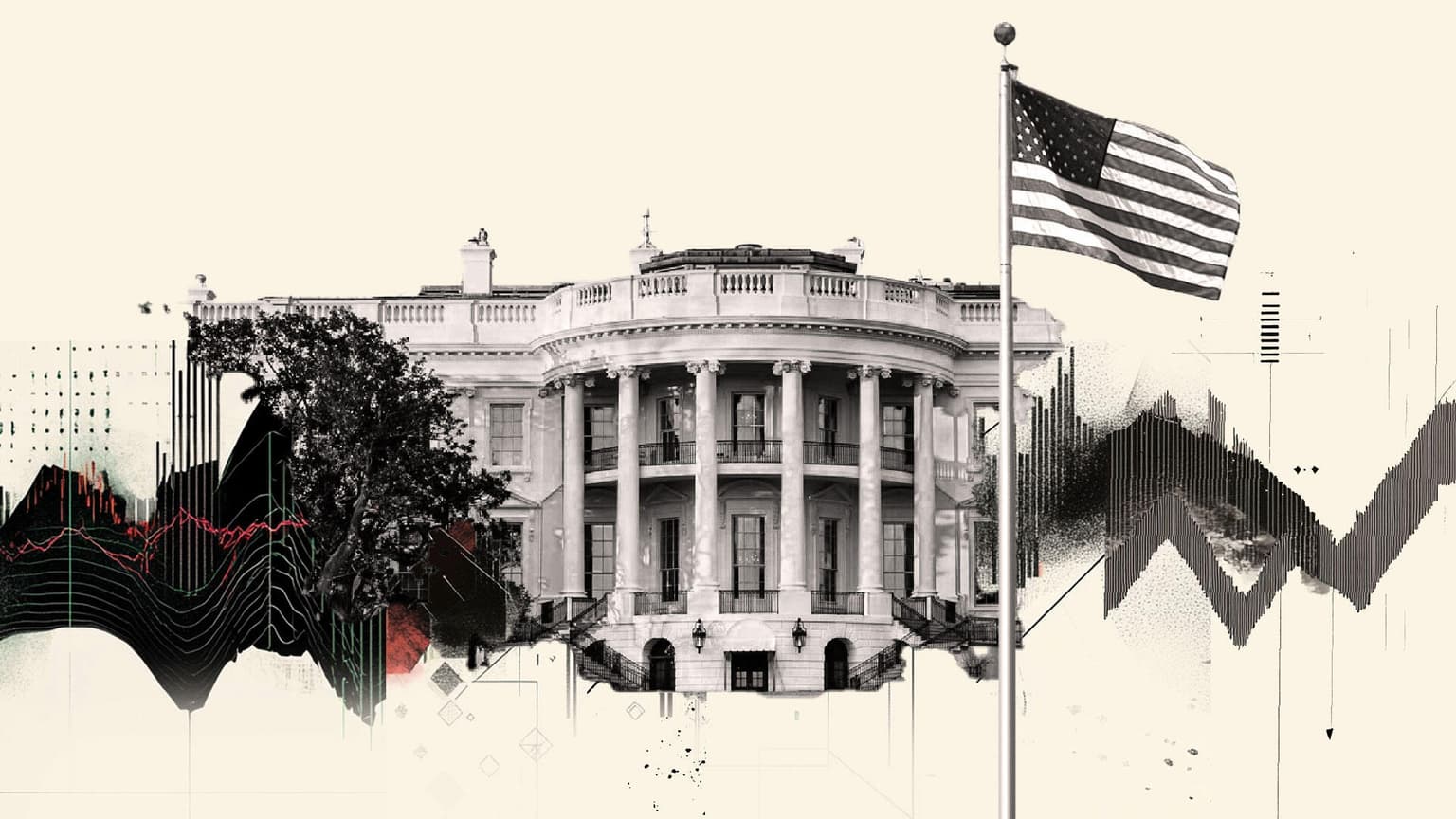Germany set to pass the largest fiscal package in three decades

In focus today
Germany's fiscal package is anticipated to pass in the Bundesrat, potentially delivering the largest fiscal boost to the German economy in over three decades. The package has the backing of a two-thirds majority, including the CDU/CSU, SPD, Greens and Bavarian Free Voters. For insights into the implications, read our analysis: Research Germany - Fiscal policy to boost growth but also inflation concerns, 19 March.
In the broader euro area, focus turns to the euro area consumer confidence indicator for March. This is one of the important data points ahead of the ECB meeting in April as consumer's mood and thus private consumption is key for the growth outlook in the euro area. Following declining confidence at the end of last year confidence has partly rebounded in the first months of 2025 and is expected to have increased further in March.
Economic and market news
What happened overnight
In Japan, core inflation rose to 3% y/y slightly exceeding the expectations of 2.9% y/y. Headline inflation eased to 3.7% y/y from 4% seen last month, although significantly above the BoJ's 2% target. The data print paves the way for considering further rate hikes by the BoJ. Food prices remain the most important inflation driver, while core price pressures are modest. The local Tokyo data for February indicates this trend has not changed. The big question is whether it will, once consumers gain purchasing power after an expected wage bump this spring.
What happened yesterday
In the central bank space, the Riksbank, the Bank of England (BoE) and the Swiss National Bank (SNB) all moved forward with rates that met market expectations.
The Riksbank stayed on hold at 2.25% and presented a flat rate path. We continue to expect the Riksbank will be on hold from here. Read more in our Riksbank - March 2025: Unchanged at 2.25% and flat policy rate path - as expected, 20 March.
The BoE kept the Bank Rate unchanged at 4.50%, with a hawkish vote split of 8-1 for unchanged (1 for cut). The central bank maintained its previous guidance noting that monetary policy will need to remain restrictive until risks to inflation returning to the 2% level have dissipated. Although the vote split was slightly to the hawkish side, nothing indicated a broad shift in sentiment within the MPC. We expect the next 25bp cut in May with the Bank Rate ending the year at 3.75%. While we have previously highlighted that we saw the risks skewed towards a swifter cutting cycle in 2025, we now see the risk picture as more balanced. See more in Bank of England Review - Slow and steady, 20 March.
The SNB delivered a 25bp cut, bringing the policy rate to 0.25%. Overall, the SNB stuck to its previous guidance noting that it "remains willing to be active in the foreign exchange market as necessary" and that the SNB "will adjust its monetary policy if necessary to ensure inflation remains within the range consistent with price stability over the medium term". While marginally adjusting the conditional inflation forecast upwards, the SNB signalled that risks are skewed to the downside for both the inflation and growth outlooks. We stick to our call of final cut to the policy rate of 25bp at the next meeting in June, which would bring the policy rate to 0%.
In the UK, the January/February jobs report met expectations. Wage growth excluding bonuses remained elevated at 5.9% and the unemployment rate likewise remained at 4.4% for the three months to January. The data supports the BoE's gradual approach to easing monetary conditions.
In Norway, the regional survey from Norges Bank showed capacity utilisation rising from 34 to 35. Both wage growth expectations and employment growth expectations marginally exceeded the central bank's own expectations, although wage growth expectations have decreased since the last survey- pointing towards a gradually disinflationary trend ahead.
Equities: Global equities were lower yesterday across regions, with cyclicals underperforming and yields moving lower. This occurred on a day with several policy meetings and important macroeconomic data releases. The monetary outcomes were very close to expectations, and the macroeconomic data, in our perspective, was very positive when considering all the signals. Hence, it is somewhat counterintuitive to see risky assets underperforming.
We are, of course, aware of the substantial political impact these days, and we could also attribute yesterday's lack of investor optimism to political factors. That being said, we observed the VIX moving lower, the MOVE index is far from its highs two weeks ago, and other asset classes are behaving well. Therefore, without the significant uncertainty related to politics, we should expect positive equity markets.
In the US yesterday, the Dow was down 0.03%, S&P 500 down 0.2%, Nasdaq down 0.3%, and Russell 2000 down 0.7%. Asian markets are mostly lower this morning, with Japan going against the trend. Again, there is no adverse macro data to highlight, rather the opposite, with fears of tariffs being mentioned as the reason for lower stock prices. US and European futures are marginally lower, suggesting volatility sliding further.
FI&FX: EUR/USD dropped below 1.09 yesterday on a day marked by sour risk sentiment in equity markets and declining bond yields. This development also benefitted the JPY, while CHF lost ground after the SNB cut interest rates. In Scandies, expectations of a Norges Bank rate cut next week were on retreat yesterday after the release of the Regional Network Survey, which further help NOK higher. The Riksbank kept interest rates unchanged.
Author

Danske Research Team
Danske Bank A/S
Research is part of Danske Bank Markets and operate as Danske Bank's research department. The department monitors financial markets and economic trends of relevance to Danske Bank Markets and its clients.

















